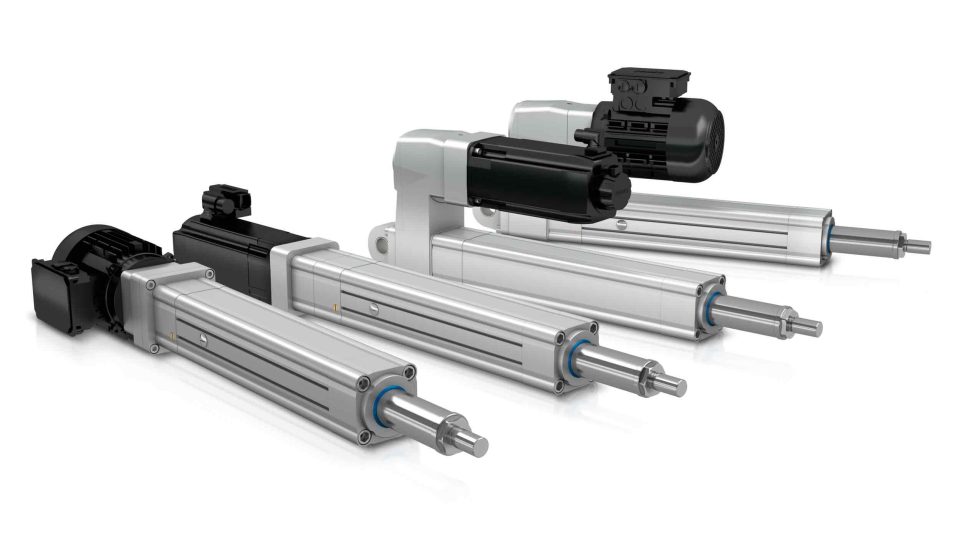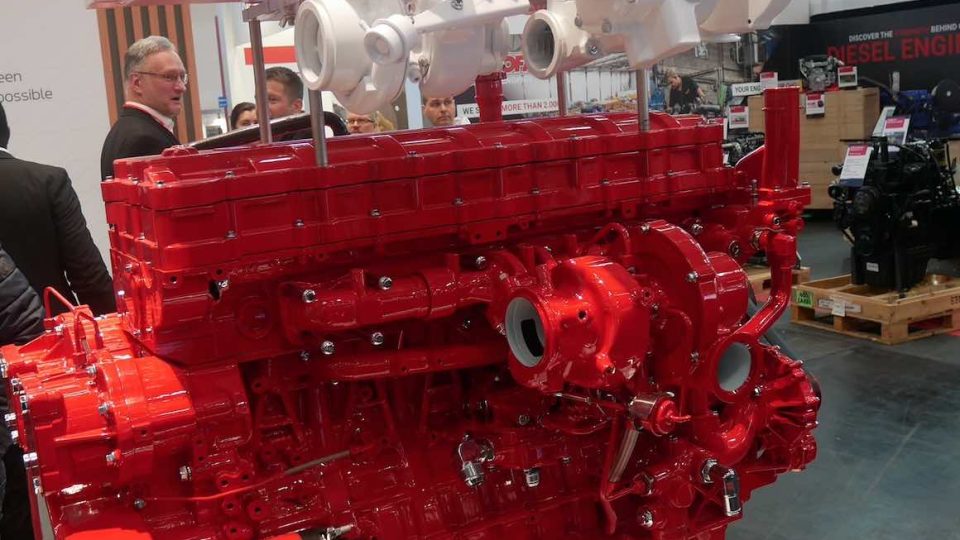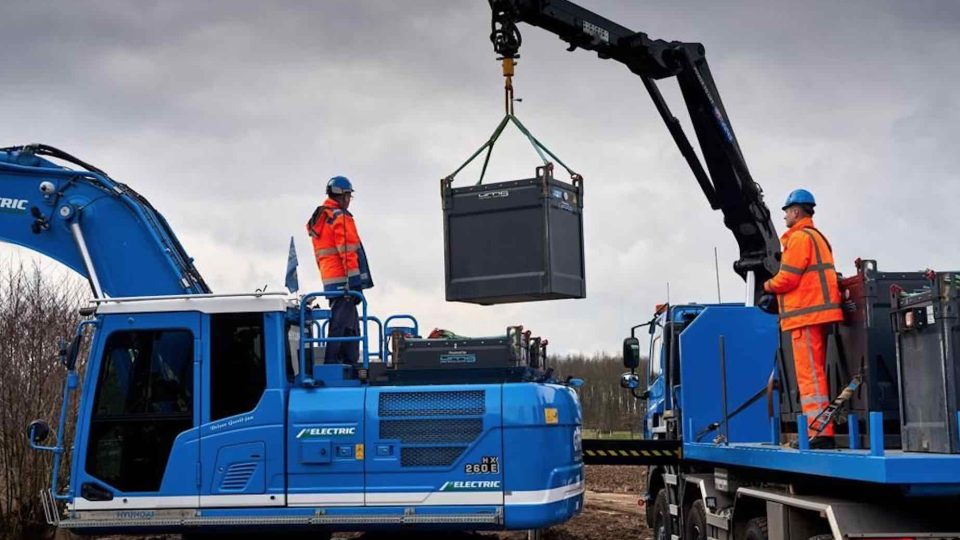TotalEnergies campaigns for bio-LNG
A large-scale project based on BioLNG spearheaded by EveRé, Elengy, TotalEnergies and the CMA CGM Group at Marseille’s major shipping port
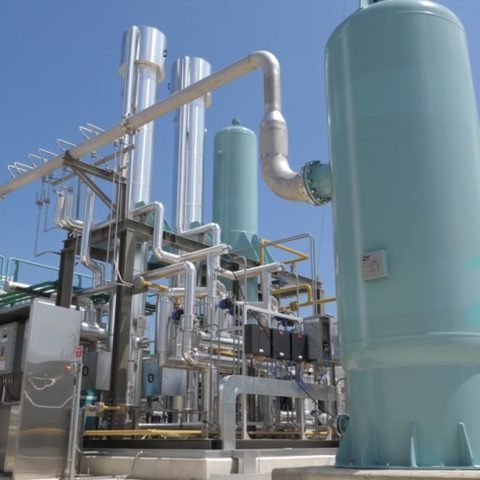
Not just LNG for large commercial ships. TotalEnergies has invested in bio-LNG by converting the biodegradable part of household waste from the Marseille Provence region (HERE you find some details about ToatlEnergies and LNG in Russia).
bio-LNG is chosen by TotalEnergies and EveRé
EveRé, operator of the multi-process household waste treatment plant commissioned by Métropole Aix-Marseille-Provence, the CMA CGM Group, a world leader in shipping and logistics, Elengy, a subsidiary of Engie, operating liquefied natural gas (LNG) terminals at Fos-sur-Mer and TotalEnergies, a global multi-energy company that produces and supplies energy, have joined forces to study the feasibility of creating France’s first production unit for liquefied biomethane (BioLNG), a low-carbon alternative fuel dedicated to energy transition in the shipping industry. BioLNG would allow for the decarbonization of shipping services departing from the Grand Port Maritime in Marseille and would be used primarily for the CMA CGM Group’s LNG-powered vessels.
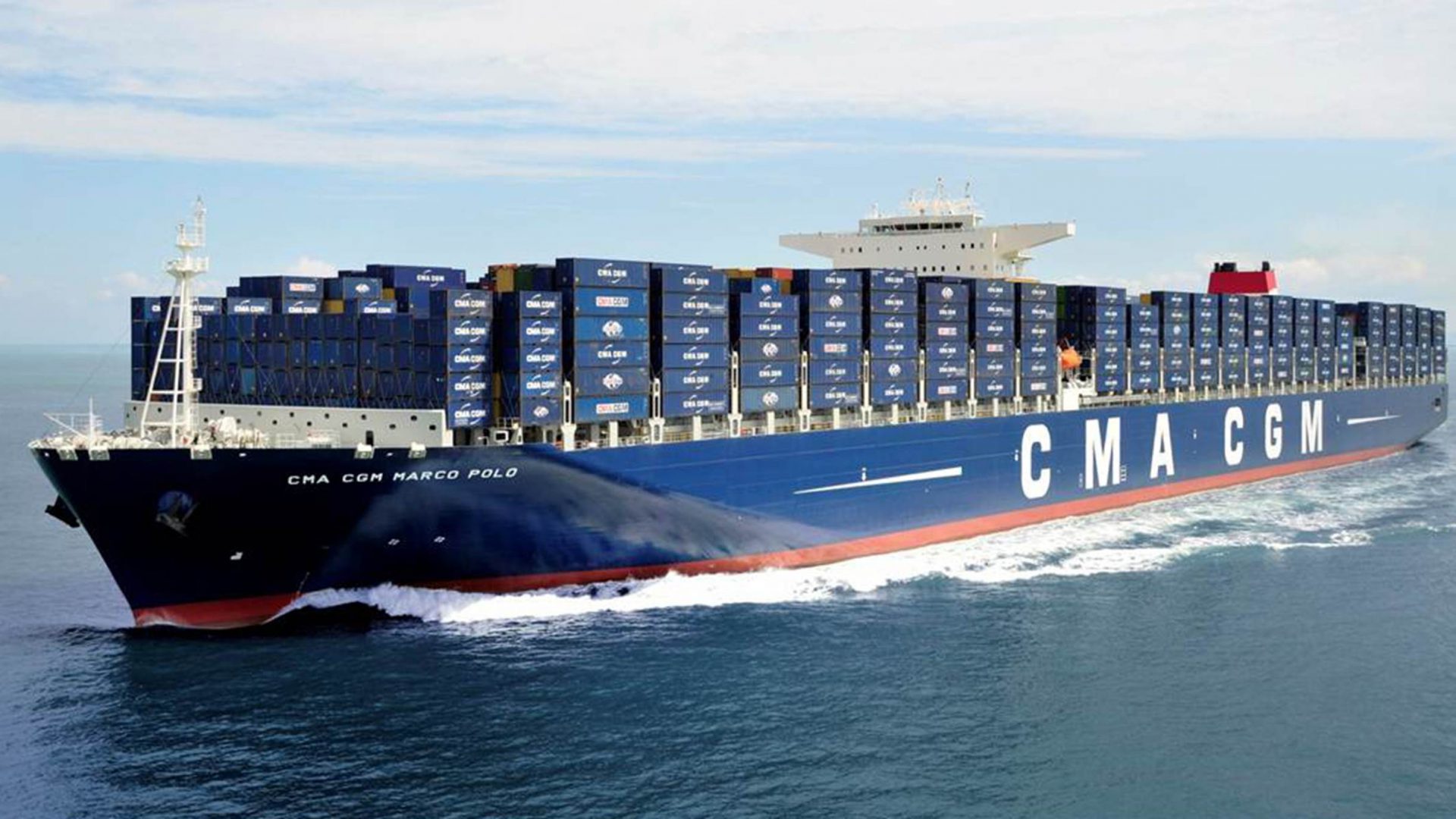
67% GHG reduction
BioLNG, combined with the dual-fuel gas engine technology developed by CMA CGM, reduces greenhouse gas emissions (including carbon dioxide) by at least 67% relative to well-to-wake VLSFO (the complete value chain). On the basis of a tank-to-wake measurement (at vessel level), greenhouse gas emissions are reduced by 88%. Liquefied natural gas allows for a 99% reduction in sulfur oxide emissions, a 91% reduction in fine particles emissions and a 92% reduction in nitrogen oxide emissions. By the end of 2024, 44 of the CMA CGM Group’s vessels will be powered by LNG.
The CMA CGM Group, Engie and TotalEnergies have already been working together for several months as part of the Coalition for the Energy of the Future, which aims to step up the pace of development of future energy sources and technologies and to support new sustainable mobility models, thereby reducing the environmental impact of transportation and logistics.




